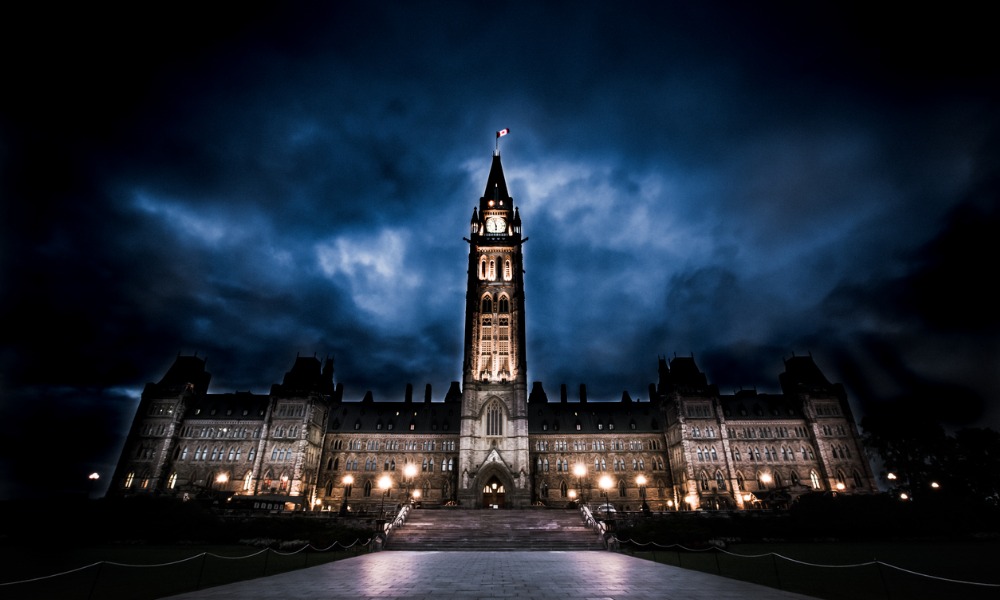Bill comes on heels of Public Inquiry into Foreign Interference initial report

The federal Liberal government has introduced legislation aimed at detecting, disrupting, and protecting Canada from foreign interference.
Minister of Public Safety, Democratic Institutions and Intergovernmental Affairs Dominic LeBlanc and Justice Minister Arif Virani announced the introduction of Bill C-70, An Act respecting countering foreign interference, on Monday.
The bill targets deceptive and surreptitious acts intended to undermine democratic processes, such as covertly influencing a political candidate’s nomination process. It would create an offence outlawing deceptive or clandestine acts harming Canadian interests, such as assisting foreign agents to enter Canada. The proposal would also create a new sabotage offence to protect critical infrastructure, and another amendment aims to help address the foreign intimidation of Canada’s diaspora communities.
Bill C-70 would amend the Security of Information Act, the Canadian Security Intelligence Service (CSIS) Act, the Canada Evidence Act, and the Criminal Code. The proposed changes to the Canada Evidence Act would create a standardized regime for handling sensitive information in Federal Court of Canada administrative proceedings.
According to Public Safety Canada, the CSIS Act is outdated, having been introduced before the modern internet, and the proposed changes fill gaps presented by “evolving threats and technological advancements.” The proposed amendments of the act include new warrant powers.
Bill C-70 also introduces the Foreign Influence Transparency and Accountability Act. The act would create a registry overseen by an independent Foreign Influence Transparency Commissioner, whose job it will be to promote transparency and accountability from those in Canada advocating on behalf of a foreign state or state-owned business.
“Our government is taking action to protect all people in Canada, our institutions and our democracy from foreign interference,” said Virani. “These reforms to criminal and national security laws are carefully crafted to tackle these threats in an appropriate, balanced, and fair manner.”
Public Safety Canada said the legislation was informed by input from the public consultations on foreign interference.
Last September, Ottawa launched the Public Inquiry into Foreign Interference in Federal Electoral Processes and Democratic Institutions, with Quebec Court of Appeal Justice Marie-Josée Hogue serving as commissioner. Following an investigation and 21 days of hearings in which more than 60 witnesses participated, Hogue released her initial report on May 3.
While finding that the Canadian electoral system is robust and foreign interference did not undermine its integrity, the commission found evidence of interference in the last two federal elections.
The commission’s second stage will involve the “examination and assessment of the capacity of relevant federal departments, agencies, institutional structures, and governance processes to permit the Government of Canada to detect, deter and counter any form of foreign interference directly or indirectly targeting Canada’s democratic processes.” The second stage will focus on the experiences of diaspora communities, and public hearings will occur in the fall. The final report must be submitted to the government by December 31, 2024.
*More to Come
*With files from Canadian Press










